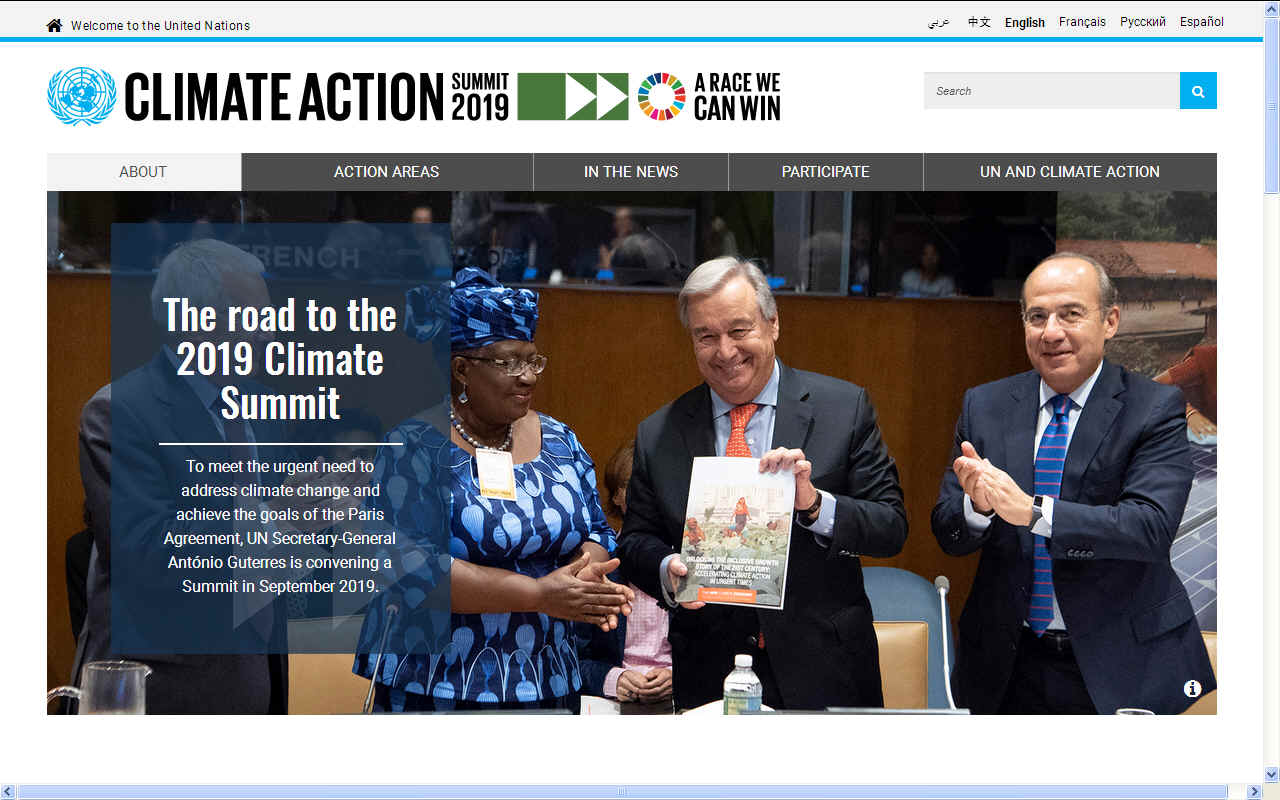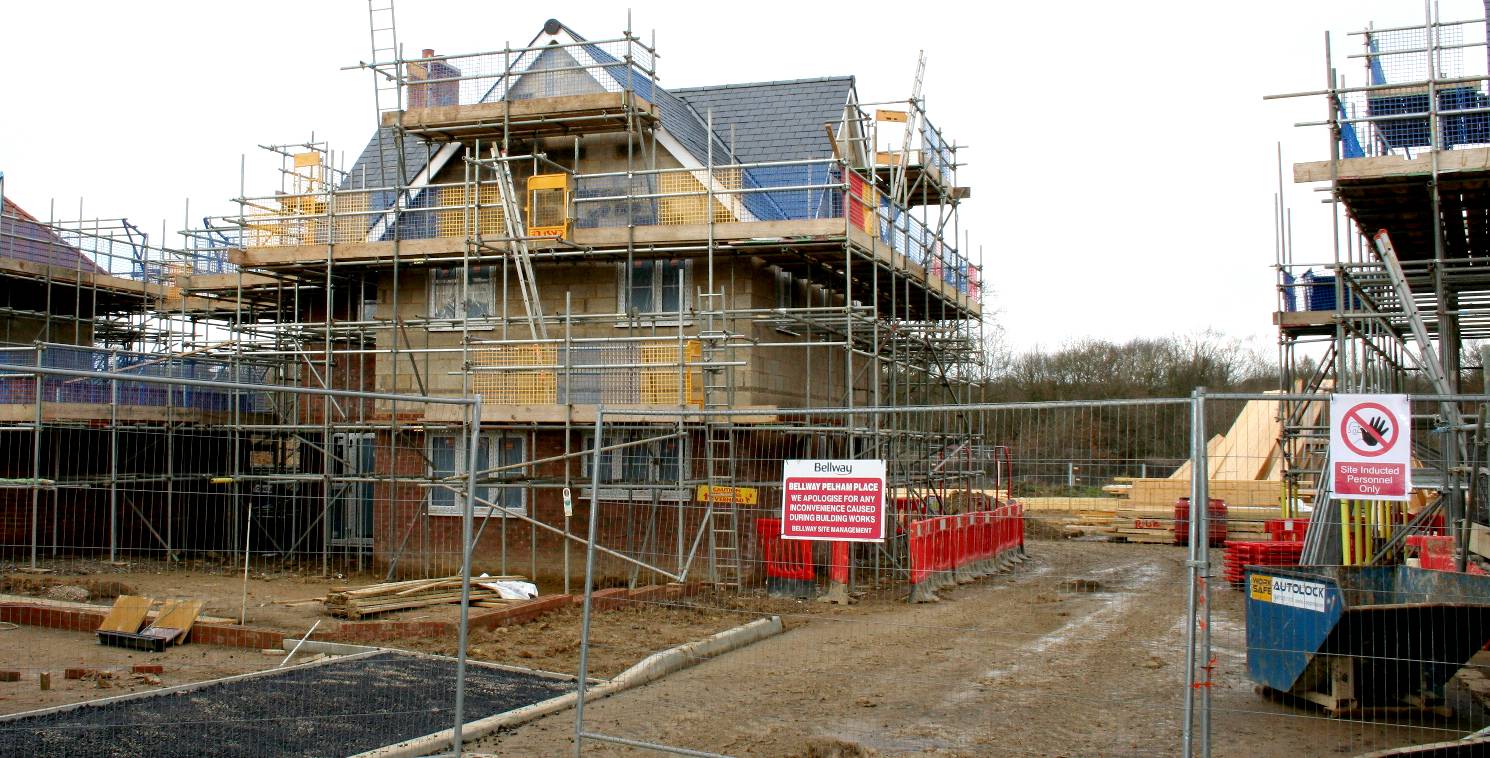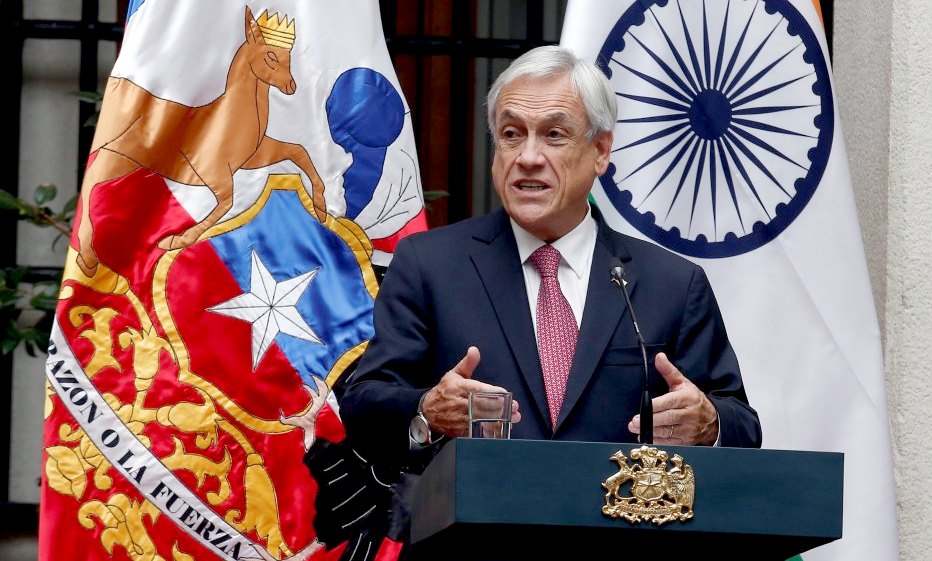|

CREATURES
OF HABIT - The
United Nations is an organization that is finding it hard to persuade
their members to change their dirty habits. The reason being that their
more prominent members are the biggest users of fossil fuels, with so
much invested in oil wells on land and rigs offshore.
"It
is harder for a rich man to enter the kingdom of heaven than pass
through the eye of a needle."
That
is an old Biblical proverb, that is equally true of wealthy nations
trying to divest themselves of a change that upsets their empire
building kleptocracies.
WHAT
IS A KLEPTOCRAT ?
Kleptocracy is a government with corrupt leaders (kleptocrats) that use their power to exploit the people and natural resources of their own territory in order to extend their personal wealth and political powers. Typically, this system involves embezzlement of funds at the expense of the wider population.
A kleptocracy is a government ruled by corrupt politicians who use their political power to receive kickbacks, bribes, and special favors at the expense of the populace. Kleptocrats may use political leverage to pass laws that enrich them or their constituents and they usually circumvent the rule of law.
TRAITS
Kleptocracies are generally associated with dictatorships, oligarchies, military juntas, or other forms of autocratic and nepotist governments in which external oversight is impossible or does not exist. This lack of oversight can be caused or exacerbated by the ability of the kleptocratic officials to control both the supply of public funds and the means of disbursal for those funds.
Kleptocratic rulers often treat their country's treasury as a source of personal wealth, spending funds on luxury goods and extravagances as they see fit. Many kleptocratic rulers secretly transfer public funds into hidden personal numbered bank accounts in foreign countries to provide for themselves if removed from power.
Kleptocracy is most common in developing countries whose economies are based on the export of natural resources. Such export incomes constitute a form of economic rent and are easier to siphon off without causing the income to decrease.
A specific case of kleptocracy is Raubwirtschaft, German for "plunder economy" or "rapine economy", where the whole economy of the state is based on robbery, looting and plundering the conquered territories. Such states are either in continuous warfare with their neighbours or they simply milk their subjects as long as they have any taxable assets. Arnold Toynbee has claimed the Roman Empire was a Raubwirtschaft.
FAVOURED
LOCATIONS
According to
Wikipedia, the United States is the favoured jurisdiction for laundering money by international
kleptocrats. In a 2011 forensic study of grand corruption cases, the World Bank found the United States was the leading jurisdiction of incorporation for entities involved in money laundering schemes. The Department of Treasury estimates that $300 billion is laundered annually in the United States.
Currently, there are only around 1,200 money laundering convictions per year in the United States and money launderers face a less than five percent chance of conviction. Raymond Baker estimates that law enforcement fails in 99.9% of cases to detect money laundering by kleptocrats and other financial criminals.
Other Western jurisdictions favoured by kleptocrats include the United Kingdom and its dependencies, especially the British Virgin Islands, the Cayman Islands, Guernsey and Jersey. Jurisdictions in the European Union which are particularly favoured by kleptocrats include Cyprus, the Netherlands, and its dependency the Dutch Antilles.
The money that kleptocrats steal is diverted from funds earmarked for public amenities such as the building of hospitals, schools, roads, parks – having further adverse effects on the quality of life of citizens. The informal oligarchy that results from a kleptocratic elite subverts democracy (or any other political format).
TOP KLEPTOCRATS
Donald Trump has been accused of running a tin-pot kleptocracy by various sources including authors at the Washington Post.
The Russian president Vladimir Putin is alleged to be the "head of the clan", whose assets are estimated at over $200
billion. A list of Russian and Ukrainian politicians associated with "kleptocratic style" has been published by the Kleptocracy Archives project.
Sources have also alleged that former Egyptian President Hosni Mubarak stole up to $70 billion.
In addition, other sources have listed former PLO Chairman Yasser Arafat as having stolen $1 billion to $10 billion; and Pakistani President Asif Ali Zardari to have received kickbacks on contracts and misappropriating public funds, siphoning over $2 billion to his Swiss accounts.
Former Sudanese President Omar al-Bashir has been accused of siphoning off up to $9bn (£5.6bn; 7bn euros) of his country's funds by the chief prosecutor of the International Criminal Court (ICC). Luis Moreno Ocampo told the
BBC that President Bashir had hidden the money in personal accounts outside Sudan. Mr Ocampo's suspicions originally came to light when a diplomatic cable obtained by Wikileaks was published by the Guardian newspaper. Sudan has forcefully denied the claims. The ICC's chief prosecutor has charged Mr Bashir with crimes against humanity, war crimes and genocide over alleged atrocities in Sudan's Darfur region.
The former Chairman of BTA Bank Mukhtar Ablyasov is alleged to have embezzled more than $6 billion from his bank committing the largest financial fraud in history.
In May 2017, the Carnegie Endowment for International Peace released a report detailing what it called a kleptocratic network across the government and private sector in Honduras.
Nursultan Nazarbayev is a head of the Kazakhstan ruling clan with $7 billion assets.
China's former prime minister, Wen Jiabao, left office in 2013 with his close relatives controlling assets worth at least $2.7 billion. These revelations were censored in print and censored online in China.

BOOMTOWN
RATS - In Sussex, Wealden District
Council are allowing hundreds of luxury houses to be built without any
climate offset features. There are no charging points for EVs, no solar
water heaters and no solar panels. The councillors and officers responsible
for encouraging these builds are proud of their achievement, where they
should hang their heads in shame. These units represent carbon emissions
that in turn mean the deaths of millions of animals all over the world. This picture was taken in
March of 2019
SIX
IMPORTANT CHANGES TO COOL THE PLANET
1.
TRANSPORT:
Phase out polluting vehicles. Government aims to end the sale of new petrol,
and diesel vehicles by
2040 but have no infrastructure
plan to support such ambition. Marine transport can be carbon neutral.
2.
RENEWABLES:
Renewable energy should replace carbon-based fuels (coal,
oil and gas) in our electricity, heating and transport.
3.
HOUSING:
On site micro or macro generation is the best option, starting with new
build homes.
4.
AGRICULTURE:
We need trees to
absorb carbon emissions from a growing population, air travel, and to build new
homes. We need to reduce food waste and promote less energy intensive eating habits
such as no meat Mondays.
5.
INDUSTRY:
Factories should be aiming for solar heating and onsite renewable energy
generation until the grid is all solar and wind powered.
6.
POLITICS:
- National governing bodies need to adopt policies to eliminate
administrative wastages, to include scaling down spending on war machines,
increase spend on educating the public and supporting sustainable social policies that mesh
with other cultures. We need an end to local empire building.

COP
HISTORY
|
1995
COP 1, BERLIN, GERMANY
1996
COP 2, GENEVA, SWITZERLAND
1997
COP 3, KYOTO, JAPAN
1998
COP 4, BUENOS AIRES, ARGENTINA
1999
COP 5, BONN, GERMANY
2000:COP
6, THE HAGUE, NETHERLANDS
2001
COP 7, MARRAKECH, MOROCCO
2002
COP 8, NEW DELHI, INDIA
2003
COP 9, MILAN, ITALY
2004
COP 10, BUENOS AIRES, ARGENTINA
2005
COP 11/CMP 1, MONTREAL, CANADA
2006
COP 12/CMP 2, NAIROBI, KENYA
2007
COP 13/CMP 3, BALI, INDONESIA |
2008
COP 14/CMP 4, POZNAN, POLAND
2009
COP 15/CMP 5, COPENHAGEN, DENMARK
2010
COP 16/CMP 6, CANCUN, MEXICO
2011
COP 17/CMP 7, DURBAN, SOUTH AFRICA
2012
COP 18/CMP 8, DOHA, QATAR
2013
COP 19/CMP 9, WARSAW, POLAND
2014
COP 20/CMP 10, LIMA, PERU
2015
COP 21/CMP 11, Paris, France
2016
COP 22/CMP 12/CMA 1, Marrakech, Morocco
2017
COP 23/CMP 13/CMA 2, Bonn, Germany
2018
COP 24/CMP 14/CMA 3, Katowice, Poland
2019
COP 25/CMP 15/CMA 4, Santiago, Chile
2020
COP 26/CMP 16/CMA 5, to be announced |
LINKS
& REFERENCE
https://www.un.org/
Please use our A-Z
INDEX to navigate this
site
|


